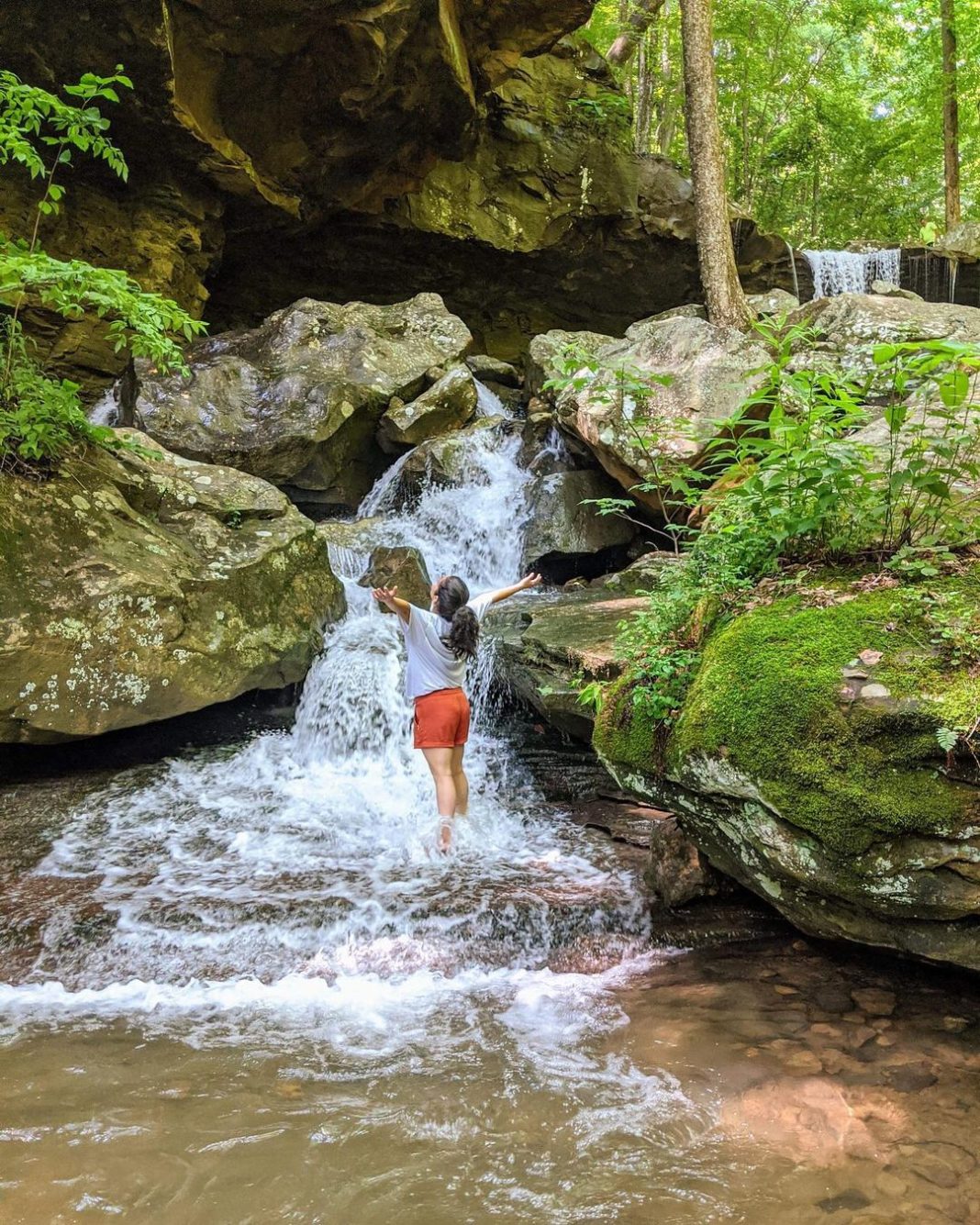NASHVILLE – The Tennessee Department of Environment and Conservation (TDEC), which operates all 56 Tennessee State Parks and 84 state natural areas, today announced the launch of an economic development initiative to grow tourism in rural, distressed counties in Tennessee by leveraging the economic potential of state lands.
The program will capitalize on the attraction of state parks, state natural areas, state forests and state wildlife management areas, which are rich in natural resources and can draw visitors to local communities.
“The accelerated transformation of rural Tennessee is one of our top priorities,” Gov. Bill Lee said. “The unmatched beauty of our rural communities and vast natural resources they provide draw visitors from around the world, enhancing both conservation and economic development.”
A task force has been compiled to direct the project which includes top officials in state government and relevant stakeholders. Feedback and participation have also been procured from leaders in distressed counties eager to grow tourism through outdoor recreation.
Distressed counties are those that rank among the 10% most economically challenged counties in the nation. Tennessee has nine distressed counties, including Lake, Lauderdale, Perry, Clay, Grundy, Bledsoe, Scott, Hancock and Cocke counties. State lands exist in each of the distressed counties, and state officials are exploring the potential to leverage the state lands in each of them.
“The abundant natural resources in our state include vast areas that are in state hands, and we believe they have greater economic potential,” TDEC Commissioner David Salyers said. “This task force will look for ways to maximize these areas for the greatest economic effect. The COVID-19 pandemic has shown the great interest in our state parks with increased visitors, so we are eager to expand that success in counties that need that boost.”
The task force will engage in a series of strategic planning meetings with rural county leaders. Project goals include bringing more overnight visitors and increasing visitor spending in rural communities among others.
Stakeholders in the project may be private natural resource-based businesses, local businesses, relevant state and county associations, the Tennessee Valley Authority, federal land-management agencies such as the National Park Service, conservation-based non-profit organizations, and partner organizations assisting with funding.
Outdoor recreation is a major business in Tennessee, comprising almost $9 billion of the state’s gross domestic product and accounting for over 106,000 jobs.








